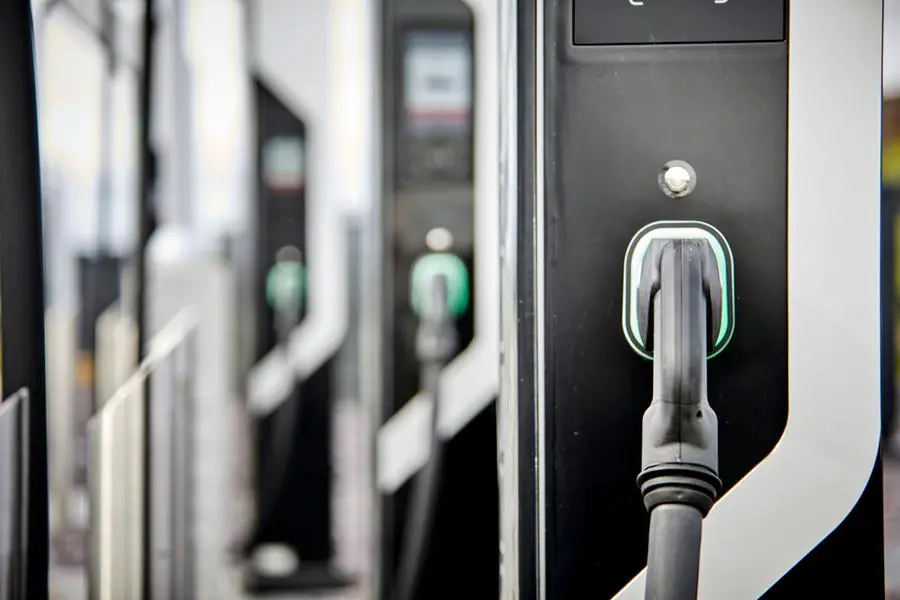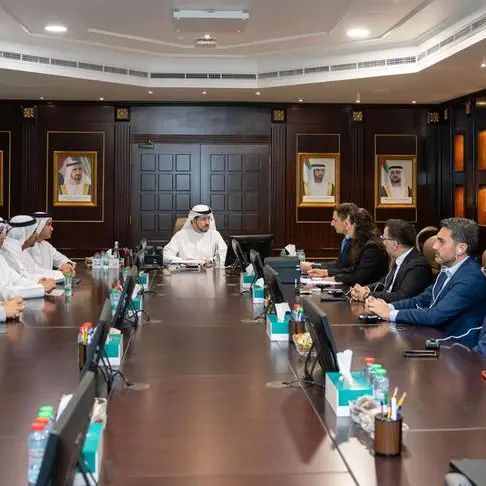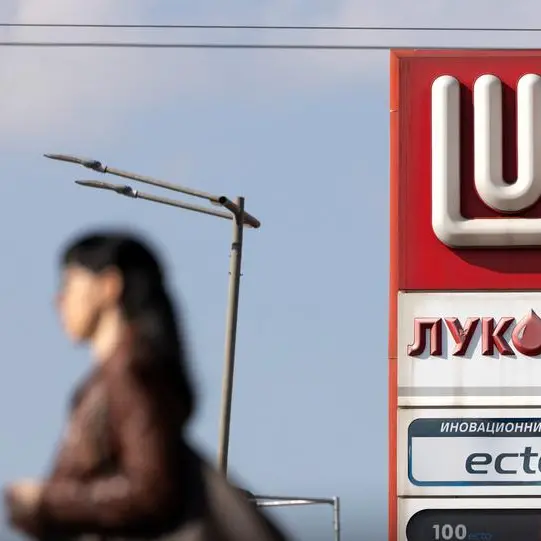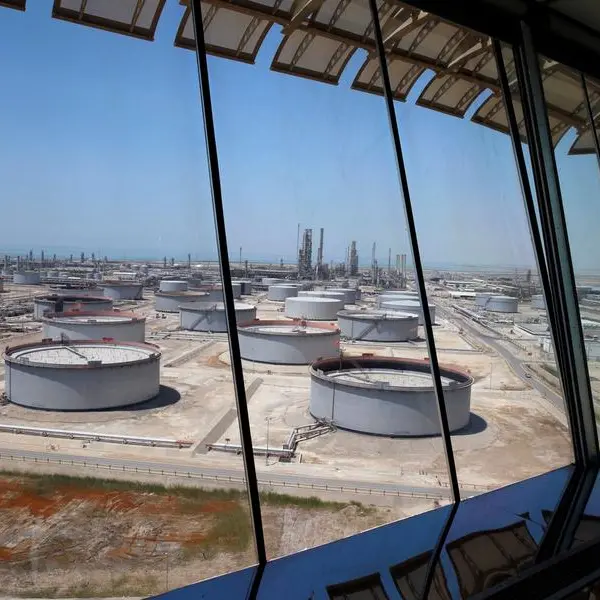PHOTO
Dubai continues to rev up demand for battery electric vehicles (BEVs) even as Europe goes off-track, with leading carmakers sounding the alarm over a slowdown in sales due to high interest rates, spiralling costs and lack of infrastructure.
Findings of a new Bloomberg Intelligence Survey reveal that about one in five, or 19%, of respondents in Dubai who plan to buy a car in the next 12 months will opt for a BEV, from a base market share of 2%. This compares to 16% of consumers in Europe, from a 15% base, indicating slower growth.
While consumers in Dubai are embracing e-mobility, the findings also revealed that the majority of Middle East consumers, at 54%, continue to favour internal combustion engines (ICEs) when buying new passenger vehicles. BI’s survey also found that hybrids were the popular choice of electric vehicles (34%).
“When asked about their concerns over owning a BEV, respondents highlighted high prices and battery degradation, in contrast to European consumers, who took issue with a lack of charging infrastructure and range anxiety,” said Mike Dean, BI Senior Industry Analyst - Autos, in a statement.
The prices of new cars were also considered “too high” in Dubai by 81% of survey respondents, while delivery waiting times were also a major concern for Dubai consumers – 42% indicated they would switch brands if they had to wait longer than three months for delivery, rising to 74% if they had to wait for over six months.
In Dubai, the growing appetite for BEVs has seen Tesla top the most wanted brand list (21%), followed by Mercedes (15%) and BMW (12%). In Europe, these brands were favoured equally.
Over the past few years, the UAE has been actively pushing its green agenda, with the country’s willingness to adapt to EVs placing it eighth on the global electric mobility readiness index, according to the findings of a 2022 Arthur D. Little report. The country’s EV market is also forecasted to grow at a CAGR of 30% between 2022 and 2028.
Fuelling this growth are government initiatives such as the Global EV Market, launched in May to create incentives for people to own EVs. The move aims to facilitate investment in the UAE’s network of EV charging stations and install them across federal buildings, roads and the truck rest stops.
Dubai’s utility provider, DEWA, has plans to install 1,000 public charging stations in the emirate by 2025, an increase from 620 at the end of 2022.
(Writing by Bindu Rai; editing by Seban Scaria)





















